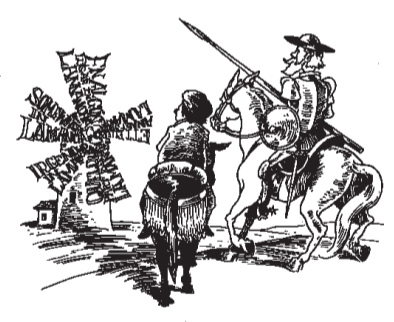I.
Much as they hate to admit it, translators are not writers. At their best, they are great readers, the ultimate appreciators. No one knows the curves and angles of a writer’s prose like the translator, who handles every comma and clause with almost indecent familiarity, while attempting an incredibly delicate and painstaking maneuver: the transfer of a million tiny balls from one hand to another without dropping a single one. Some novels take longer to translate than to write. The translator secretly suspects that this is always the case, in the same way that forging a signature takes so much longer to perfect than the signature itself. Raymond Queneau’s We Always Treat Women Too Well, written in a Frenchified faux-Gaelic, took translator Barbara Wright years to translate; Stendhal wrote The Charterhouse of Parma in fifty-two days and Richard Howard worked for twenty-eight weeks to translate it. Even the least complicated translation requires such an effort of sympathetic comprehension and sustained concentration that translators must hope their finished product is not only true to the original, but true in a distinctive way; that their own sensibility is obliquely evident. In the case of the retranslation of classics, the stakes are even higher. For once, the translator’s work can be compared to the work of other translators, and the translation is likely to become the principal object of critical scrutiny. Here, at least, it seems plain that translation plays an essential role: that it has the power to transform an iconic work of literature.
*
“In a village of La Mancha the name of which I have no desire to recall”; “In a village in La Mancha, the name of which I cannot quite recall”; “In a certain village in La Mancha, which I do not wish to name”; “Somewhere in La Mancha, in a place whose name I do not care to remember.” Which is it? The first line of Don Quixote may not be as reflexively quotable as “It was the best of times, it was the worst of times,” or “It is a truth universally acknowledged, that a single man in possession of a good fortune, must be in want of a wife,” but it would seem to have the ring of familiarity. And yet there is no definitive version, no inevitable progression. Is the familiarity in the precise words, or in the chain of associations? In this case, the answer is probably the latter. It doesn’t matter whether it’s “a village in La Mancha” (the popular choice) or “somewhere in La Mancha” (closer to the Spanish), or whether the narrator “cannot quite recall,” “[does] not care to remember,” or “[has] no...
You have reached your article limit
Sign up for a digital subscription and continue reading all new issues, plus our entire archives, for just $1.50/month.
Already a subscriber? Sign in





